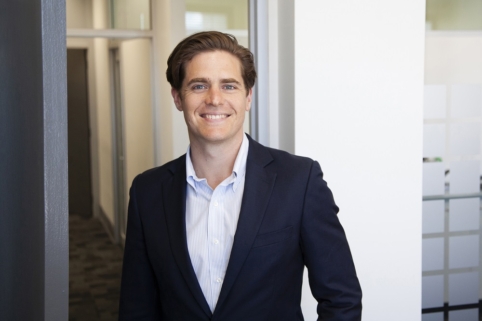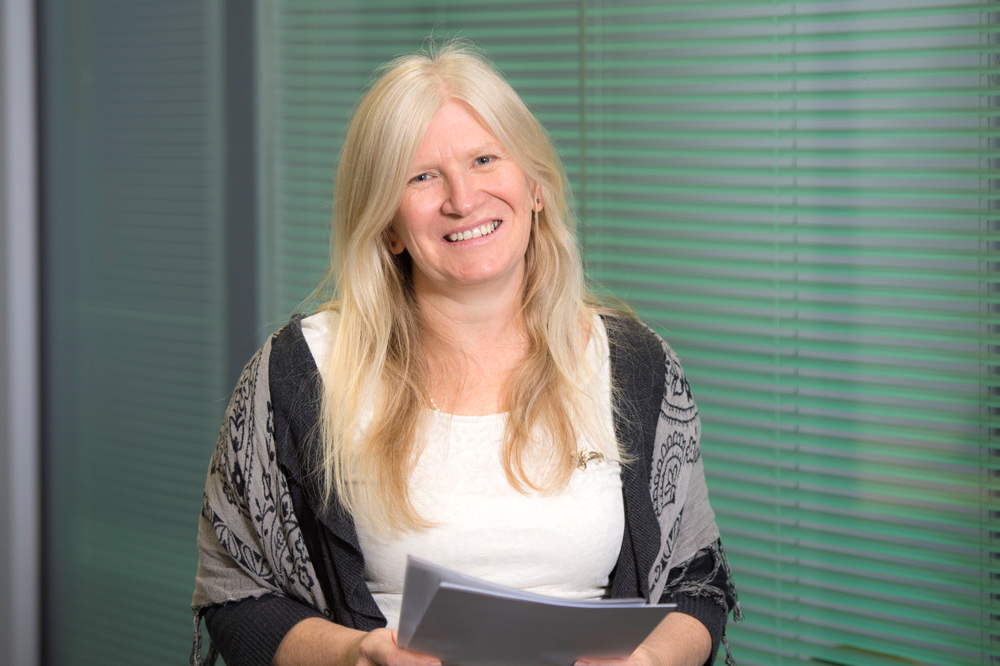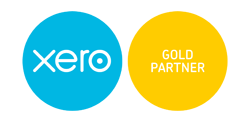5 Important Health-Checks for your Retirement Portfolio in 2024
Retirement portfolios are like small businesses. They generate income from their assets, pay all kinds of bills, and make income payments to their beneficiaries. Some perform well and others languish, depending on their strategy and the broader environment.
Like small businesses, retirement portfolios come in all shapes and sizes. Some are conservative, highly diversified, and really quite boring. Others are geared to the gills, invested fully in mining town rentals bought sight unseen, or neck-deep in crypto and micro-cap stocks.
Reviewing your retirement portfolio
From a financial planning perspective, the most important ‘health checks’ for your retirement portfolio are as follows:
- Do your investments align with your risk profile?
- Is there a sensible amount of diversification?
- Is there sufficient cashflow and liquidity to fund ongoing and unexpected expenses and pension payments?
- Are your assets “high quality” and priced sensibly?
- Is your portfolio aligned with the times and the broader market environment?
2024 looks like a challenging year for small businesses around the country. Rising prices and a more cautious consumer make some business models unviable, particularly if they have large operating debts. Insolvencies are on the rise and many ‘zombie’ companies are finally being put to the sword after years of low rates and government intervention.
This flows through to retirement portfolios directly. It influences the type of investments that are likely to perform well and those that will struggle. But it also applies more practically to the ongoing management of retirement investments, particularly as it relates to cashflow and liquidity.
Like any good small business owner, investors need to have contingency plans for unexpected setbacks and periods of underperformance. “Hope for the best but plan for the worst” comes to mind in this instance. While we’ve enjoyed strong investment returns over the last six months, the year ahead promises to take many unexpected turns. Point #3 in the checklist above is a key consideration in our view.
If you would like to book a complimentary appointment with one of our Financial Advisers to review your retirement portfolio, please get in touch.
PJ provides proactive, strategic advice to help you invest with confidence, structure your affairs intelligently, and get the most out of your unique circumstances. Contact us today and ask to speak with PJ.
Peter-James Cameron is a Sub-authorised Representative (#1266801 ) of Synectic Wealth Pty Ltd (ABN 24 615 317 194) which is a Corporate Authorised Representative (#1250871) of Alliance Wealth Pty Ltd (ABN 93 161 647 007 | AFSL 449221) www.centrepointalliance.com.au. Synectic Wealth Pty Ltd is the financial services division of Synectic. Learn more here.
This information has been provided as general advice. We have not considered your financial circumstances, needs or objectives. You should consider the appropriateness of the advice. You should obtain and consider the relevant Product Disclosure Statement (PDS) and seek the assistance of an authorised financial adviser before making any decision regarding any products or strategies mentioned in this communication.






